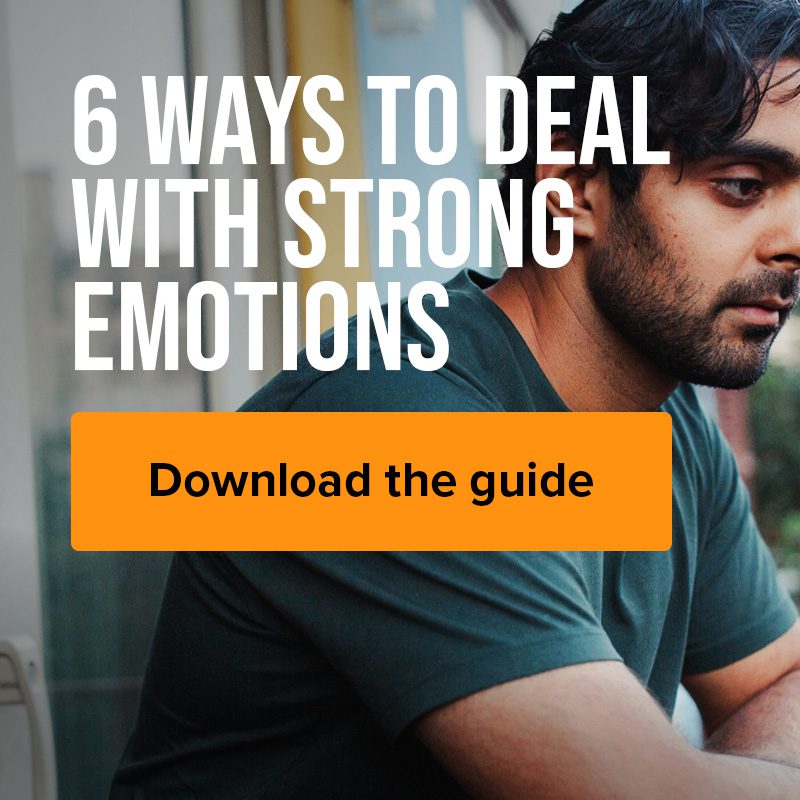Knowing how to identify and manage your triggers in addiction recovery are key in maintaining abstinence. Various situations, people or places can cause you to want to use or drink again. And it’s not surprising – it’s how you’ve coped with difficulties for years.
There are two different types of triggers: “external” or “internal” and each can arise from our environment, lifestyle or relationships you have with others. We created a chart to help you visualize what these are and identified several powerful ways to help you improve the way you handle triggers. Every time you handle a trigger in a healthy way, is another time you prevent relapse.
Prevention and Action- What You Can Do:
1. Develop a list of people, places and things that may trigger you. Next, create a plan for each describing how you’ll handle it. Maybe you’ll call a friend or your sponsor. Maybe you’ll meditate. Whatever it is, you’ll know what your next step is when that trigger hits.
2. Prepare yourself. Make a schedule. Create a plan for what your week or month will look like so that you don’t have time to put yourself in situations that can lead you in the wrong direction.
3. Call your sponsor or talk to your counsellor or therapist regularly about your triggers.
4. Breathe. Reflect. Jeff, one of the counsellors and a writer at Phoenix, believes it’s important to stop and breathe. “I ask myself what the heck? What am I thinking right now? Then I play the tape through. What will happen after my money or drugs run out? I’ll hate myself, lose my job or have to live a lie until I get caught. Either way I will be a mess. Relationships would be screwed. All those things would make my life hell. And I can’t live in hell ever again. Then I ask myself what would a healthy person in recovery do right now?”
5. Go for a walk or remove yourself from the situation to help you stop thinking about those cravings.
6. HALT! Make sure you are getting enough rest and eating regularly to ensure your blood sugar level doesn’t drop, because that can trigger those cravings.
7. Get rid of the things that are causing the trigger and try meditating or practicing mindfulness. Mindfulness can help you understand how to live in the present moment while safely experiencing your emotions.
8. Try seeing an acupuncturist. Derek Shin, a psychotherapist and registered acupuncturist, who works closely with EHN Bellwood Toronto clients explained why acupuncture helps a lot of people who experience cravings: “There are specific points that acupuncture uses to help ground you. These points are all about balancing the mind, body and spirit. If you focus on specific points of the body, they can help with anxiety, stress and fatigue. We use acupuncture in conjunction with breathing to help patients with these cravings.”
9. Triggers are going to happen to you. What matters is how you deal with them. The important thing to remember is that recovery is possible. You don’t have to do this alone. Reach out to us if you need to talk to someone over the phone or visit one of our clinics.
Sources:
How to Fight Those Triggers. The Fix
5 Tips for Managing Triggers During Addiction Recovery (World of Psychology)

